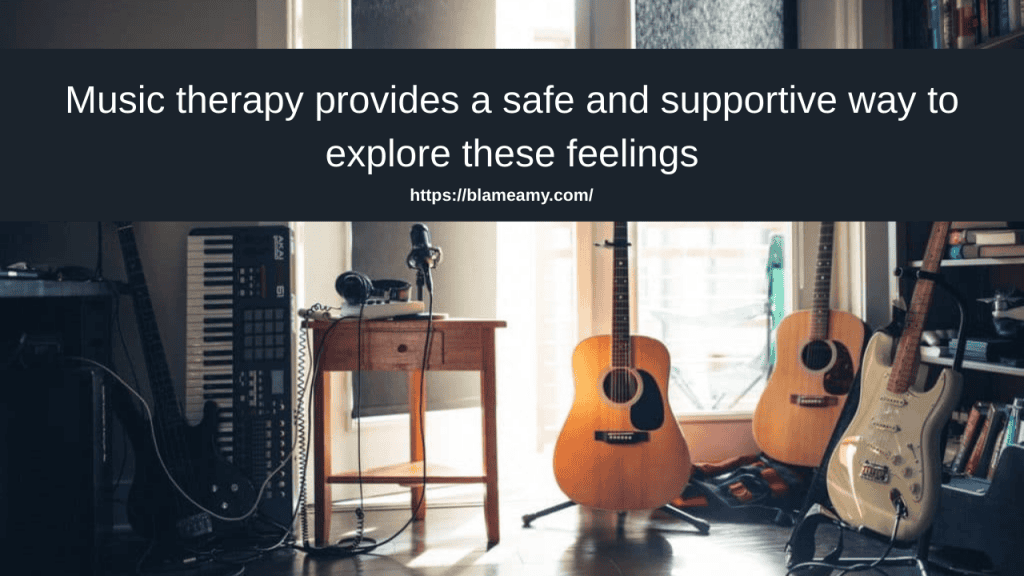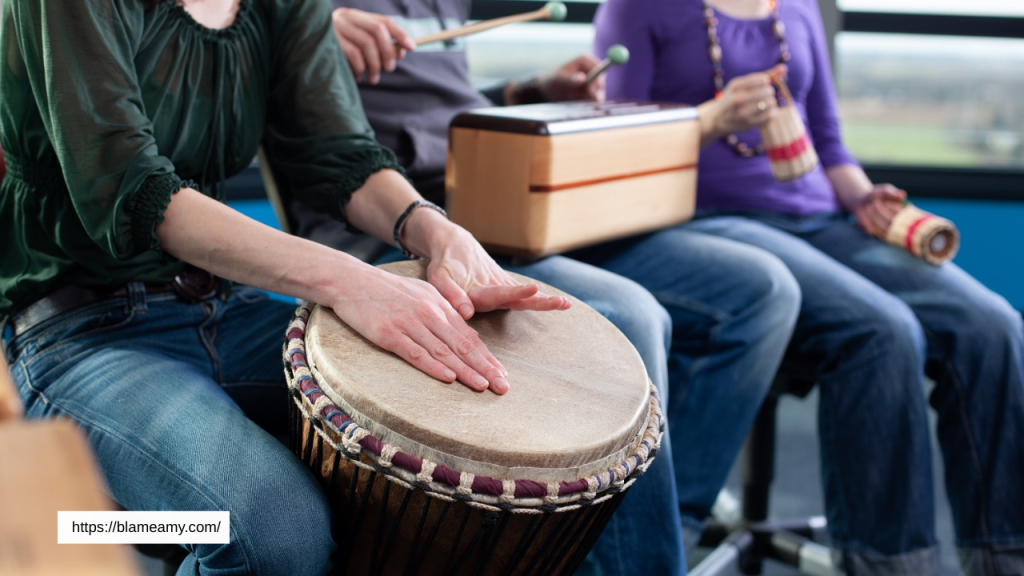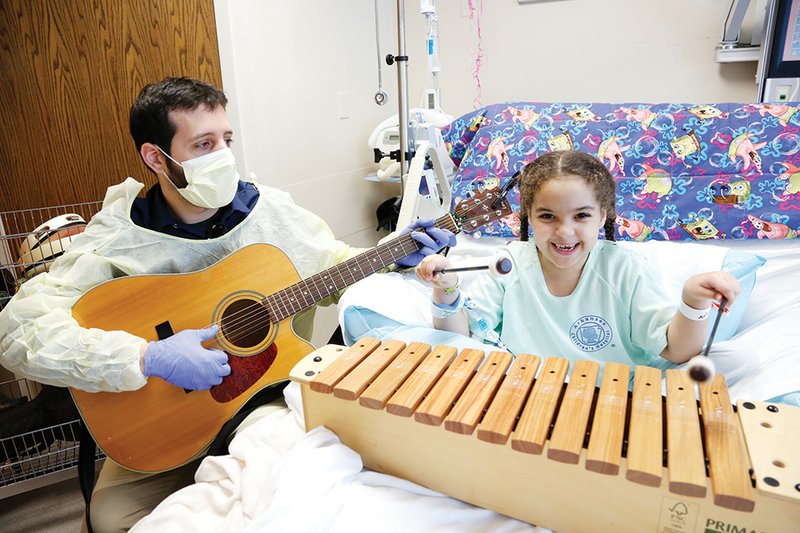
Music as a Path to Lasting Sobriety
Addiction recovery is not only about removing substances from daily life. It is about rebuilding hope, restoring balance, and finding new ways to cope with stress and pain. In Ottawa, treatment programs are increasingly turning to music therapy as a powerful part of holistic recovery. Through rhythm, melody, and creative expression, music is helping individuals discover healthier outlets, strengthen emotional resilience, and move closer to lasting sobriety.
Music therapy is more than a creative pastime. It is a clinically guided practice led by trained professionals who tailor sessions to meet the needs of each individual. When integrated with addiction recovery services, mental health care, and faith-based support, music becomes a lifeline for those seeking renewal.
How Music Therapy Supports Addiction Recovery
A Safe Outlet for Emotions
Addiction often silences emotions, replacing healthy expression with harmful coping strategies. Music therapy provides a safe and supportive way to explore these feelings. Patients may write songs, play instruments, or listen to meaningful music as a way of processing trauma, grief, or anxiety. This approach helps release emotions that may be too painful or difficult to share verbally.
Regulating Mood and Reducing Stress
The early stages of recovery often bring intense mood swings and cravings. Research shows that music can reduce stress, lower anxiety, and even increase dopamine levels, helping restore balance in the brain. Whether it is a calming playlist, drumming exercises, or guided relaxation, music therapy provides a healthy way to manage cravings and regulate emotions.
Building Connection Through Rhythm
Group Therapy and Shared Healing
Isolation is a common experience for people struggling with addiction. Group music therapy helps rebuild connection and community. In Ottawa’s treatment centers, patients often participate in drumming circles, songwriting workshops, or collaborative performances. These activities promote teamwork, empathy, and mutual support, reminding participants that they are not alone on the path to recovery.
Personalizing the Experience
Each person’s journey to sobriety is unique. Ottawa’s rehab programs focus on individualized care, and music therapy is adapted to fit personal needs and cultural backgrounds. Some may find strength in spiritual or faith-based music, while others may prefer creating original songs that reflect their story. By meeting clients where they are, music therapy ensures treatment remains compassionate and meaningful.
Integrating Music Into Holistic Treatment
The most effective recovery programs use a holistic model that addresses mind, body, and spirit. In Ottawa, music therapy is combined with counseling, behavioral therapies, mindfulness, and faith-based support to create a complete healing experience. This integration ensures that patients are not just treated for symptoms but are supported in every aspect of their recovery.
Taking the Next Step
Music therapy is proving to be a vital part of addiction treatment in Ottawa, offering patients a way to heal, connect, and rediscover their strength. The rhythm of recovery is not about perfection. It is about progress, resilience, and creating a new path forward.
If you or someone you love is struggling with addiction, there is hope. Ottawa’s treatment programs provide compassionate, individualized care that includes innovative approaches like music therapy. Reach out today to take the first step toward sobriety. Let the recovery rhythm guide you to a healthier and more fulfilling life.









